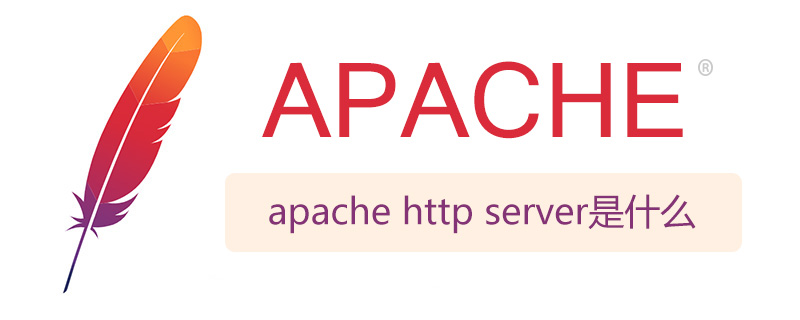
Apache HTTP Server (Apache for short) is an open source web server software from the Apache Software Foundation that can run on most computer operating systems. Due to its cross-platform and security, it is widely used and is one of the most popular web server software.

# It is fast, reliable and can be extended through a simple API to compile interpreters such as Perl/Python into the server.
Apache supports many features, most of which are implemented through compiled modules. These features range from server-side programming language support to authentication schemes. Some common language interfaces support Perl, Python, Tcl, and PHP.
Popular authentication modules include mod_access, mod_auth and mod_digest. Other examples are SSL and TLS support (mod_ssl), the proxy module, the useful URL rewriting (implemented by mod_rewrite), custom log files (mod_log_config), and filtering support (mod_include and mod_ext_filter). Apache logs can be analyzed through a web browser using the free script AWStats or Visitors.
The core of Apache 2.x version has made important enhancements on top of Apache 1.x version. This includes: multi-threading, better support for non-UNIX platforms (such as Windows), MPM, new Apache API, and IPv6 support.
For more Apache related knowledge, please visit the Apache usage tutorial column!
The above is the detailed content of what is apache http server. For more information, please follow other related articles on the PHP Chinese website!